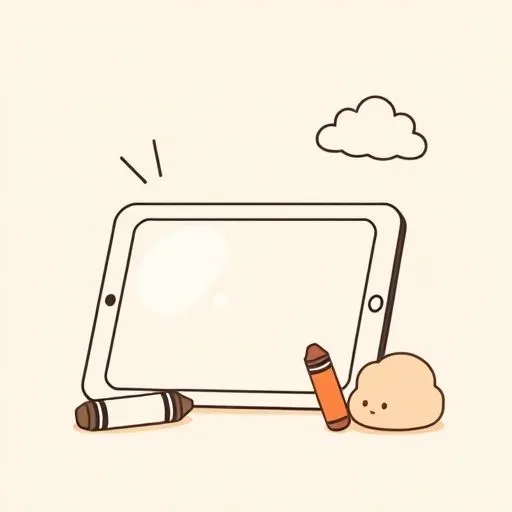
On this cozy overcast morning in our neighborhood, as I walked my daughter just steps from our apartment to her school, my phone buzzed with news that made me stop right there—78% of tech jobs now demand AI skills¹! But guess what truly lit me up? The part nobody’s shouting about: that human magic blooming right alongside it.
What’s the Real Headline in the AI Workforce Report?

You know, that 78% really stops you in your tracks! It sounds like the tech world’s exploding like kimchi bubbling away in a hot pot. But here’s where my heart did that little skip-and-hop dance—buried in that report is the golden nugget: communication, collaboration, and genuine leadership aren’t just nice-to-haves anymore. They’re the non-negotiable heartbeat of responsible tech adoption.
You see, while walking past our neighborhood playground this morning, I watched my daughter—that curious little explorer with paint-splattered knees and stories bursting from her soul—negotiate swing access like a pro diplomat. “You go first if I can push you later,” she declared, eyes sparkling with the kind of empathy algorithms can’t replicate. That’s the stuff this study is whispering about!
Technical skills might open doors, but it’s those human superpowers—the ability to listen, to feel, to build bridges—that’ll truly navigate our kids through this AI wave.
I’ll tell ya, it hit me like a warm hug: all that anxiety we parents carry? The “Will my child keep up?” worries? It’s backwards! We need to fan the flames of what makes us irreplaceably human. Think about it—when was the last time a spreadsheet made you tear up with joy? Exactly.
How to Raise Humans, Not Robots: A Playful Home Experiment

So how do we actually grow these superhuman skills without breaking a sweat? Let me share what’s buzzing in our house—it’s less “tech bootcamp,” more “joyful kitchen dance party.” Remember when we’d stress about screen time like it was radioactive? Well, guess what? That AI drawing tool she plays with? It’s become our secret weapon for connection—not isolation!
Last week, she asked AI to “draw a dragon made of clouds.” Wild, right? But instead of letting the app do all the work, we raced outside with paper and crayons. “Show me YOUR dragon!” I challenged, and oh, the magic that unfolded! She didn’t just copy the digital image; she whispered stories about how her dragon would comfort sad kids.
Suddenly, “prompt engineering” transformed into “empathy engineering,” and “AI ethics” became “Why would dragons need feelings?”—all while giggling under real clouds. That’s the flip we’re making: tech as the spark, but human interaction as the wildfire.
What’s the North Star for Parents in the AI Era?

Let’s get real for a sec—when headlines scream “AI will replace jobs!” it’s easy to spiral. What if my kid feels useless? What if the world leaves them behind? But this report? It’s our compass pointing straight to hope.
Here’s what electrifies me: those “soft skills” we’re nurturing through playground negotiations and family storytelling? They’re becoming the hardest currency in tech. And the best part? Every single child develops them differently—at their own rhythm. The quiet empath who notices when a friend is sad? Future AI ethics star. The wild storyteller who turns puddles into oceans? Tomorrow’s prompt engineering genius.
I’ve started treating tech like our family walks—a tool for discovery, not the destination. When she asks, “Daddy, can robots dream?” we don’t dive into neural networks. We grab our jackets and head to the park: “Let’s find the dreamiest tree together!”
In those moments—watching her explain cloud shapes to a new friend or share her last cookie—I see the future we’re building.
References
¹ AI Workforce Consortium Finds 78% of ICT Roles Now Include AI Technical Skills, While Human Skills Gain Priority for Responsible Tech Adoption, Newsroom Cisco, 2025-09-16
